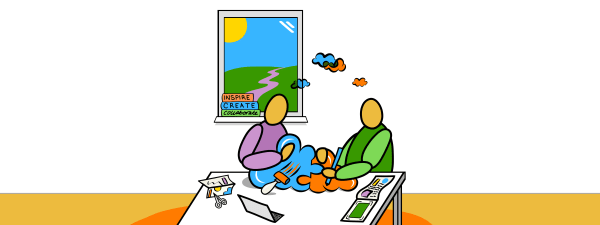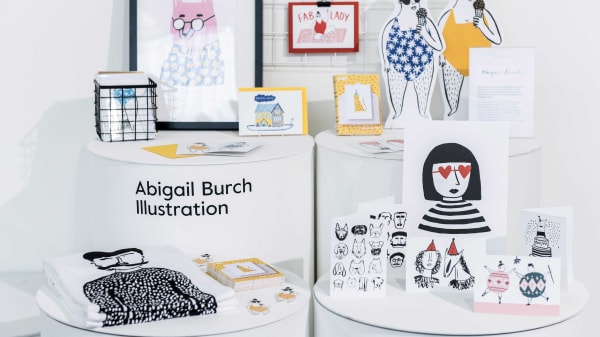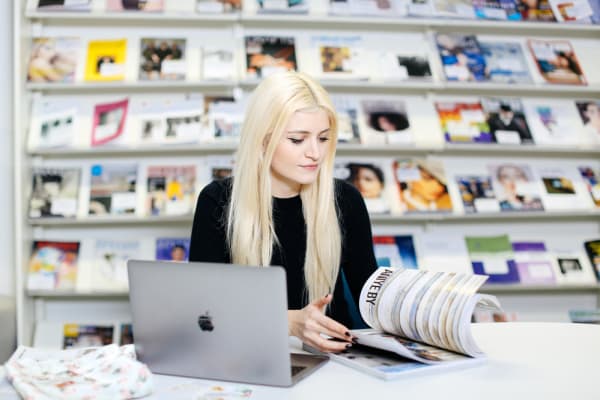Intellectual Property (IP) is a term that is used to describe creations of the mind, such as:
- things you make, write or produce
- inventions and ideas
- the design or appearance of products
- symbols, names and brands.
IP exists to help you manage and protect the way your work is represented and enjoyed. It is a legal right to protect your interests as a creative and equally for society to benefit from cultural production.
When working for yourself, with and/or for others, it’s essential you recognise the potential value of your IP.
When collaborating with others in all areas of professional practice, consider the ownership and the use of IP as a central part of your strategic decision-making.
It can be overwhelming to navigate complex agreements, understand when you register your brand and identify how to protect your business ideas. Read our tips and advice on how best to manage and benefit from the value of your IP.
Resources
-

Illustration by Lizzie Reid (Instagram: @lizzies_lines),
Intellectual Property (IP) module
Designed with creatives for UAL creatives, the ‘From idea to industry: valuing your creative rights’ module is a practical introduction to IP.
Tips for collaboration
Ask yourself the following questions:
- What is the project/purpose/goal?
- Who owns the IP?
- What is the financial agreement, if there is one?
- How long does the agreement last?
- Can anyone else use the created content or is it an exclusive agreement?
- How will all parties benefit?
- What is the long-term benefit of the agreement? Could there be further opportunities?
Tips for contracts
- If you don’t understand what you are about to sign, don’t sign it!
- Always agree something in writing. This does not always involve a formal contract but in any agreement it should be clear on the agreed terms between all parties.
- If you are unclear how to proceed, seek legal advice.
- Always think about what to share, how much to share and when to share it.
Always use a non-disclosure agreement (NDA) to keep your invention a secret when talking to others. You can download an NDA template for free from the gov.uk website.
Resources:
- IP - Learning Guide (PDF 141KB)
- Design and Artists Copyright Society for guidance on managing and licensing your work (visual arts)
- Anti Copying in Design advocating fair rights for designers
Useful links:
- UK Intellectual Property Office for advice on registering your trademarks, design rights and patents.
- World Intellectual Property Organisation for advice on registering your trademarks, design rights and patents globally.
- The British Library IP Centre offers free one-to-one advice, workshops, webinars for small business and entrepreneurs.
-

Abigail Burch's stand at Pulse 2018. Photo by Damian Griffiths
How to get paid
Get advice on pricing, invoicing and selling your work as a designer, maker or artist.
-

Bradley Vine, BA (Hons) BA (Hons) ) Live Events and Television , London college of Communication © Alys Tomlinson
Working as a freelancer
Read our guidance on how to launch and maintain a successful freelance career.
-

Daisy Hristova, MA Fashion Entrepreneurship and Innovation, London College of Fashion © Alys Tomlinson
How to find freelance work
Explore our tips for finding new clients and work, and establishing yourself as a freelancer.